
Doctor reveals disturbing reason she "threw away her air fryer" after explaining major risks
Dr. Poonam Desai’s warning about air fryers and her advice on milk consumption have sparked significant debate in the health community.
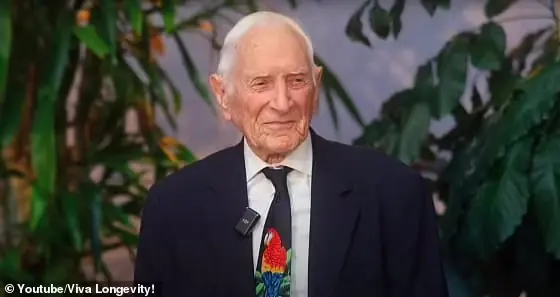 Dr John Scharffenberg, aged 102, is an American professor of nutrition who has shared the seven lifestyle rules he lives by that he believe prolong health and promote longevity
Dr John Scharffenberg, aged 102, is an American professor of nutrition who has shared the seven lifestyle rules he lives by that he believe prolong health and promote longevity
In a world where longevity and health are often seen as mysteries, Dr. John Scharffenberg, a 102-year-old nutrition professor, offers an inspiring and practical approach to achieving a long and healthy life. An adjunct professor at Loma Linda University in California, Dr. Scharffenberg is not only a walking testament to his own advice but also a beacon of hope for those looking to optimize their health and lifespan. Through a series of interviews and public talks, Dr. Scharffenberg revealed his seven lifestyle habits, which, according to him, have helped him live an active, independent life despite his advanced age.
As a nutritionist, he advocates that lifestyle choices, rather than genetics, are the primary factors in his longevity. This comprehensive guide breaks down Dr. Scharffenberg's key health rules, scientifically supported by research, to show how they can lead to a longer, healthier life.
Dr. Scharffenberg's 7 Key Rules for Longevity
1. Never Smoke: The First Step to Health
Dr. Scharffenberg's first rule is simple and unequivocal: never smoke. Smoking is widely known to damage nearly every organ in the body and is a leading cause of preventable illness and death. According to the World Health Organization (WHO), smoking is responsible for millions of deaths worldwide every year. The Surgeon General's 1964 report, which definitively linked smoking to health problems, remains a powerful reminder of the importance of avoiding this dangerous habit.
Dr. Scharffenberg, who has never smoked, emphasizes that the long-term effects of smoking far outweigh any temporary relief it may offer. By avoiding smoking, individuals can significantly lower their risk of developing cancer, heart disease, and respiratory problems.
2. Reassess Alcohol Consumption: No Alcohol is the Safest Choice
While some studies suggest that moderate alcohol consumption might have benefits for heart health, Dr. Scharffenberg dismisses this notion. He believes that even small amounts of alcohol can pose significant risks, particularly due to its link to various cancers. His perspective aligns with the World Health Organization's guidelines, which recommend that the safest option is to abstain from alcohol altogether.
Research has demonstrated that alcohol consumption, even at low levels, can increase the risk of cancer. By eliminating alcohol from one's life, individuals can reduce their chances of developing such diseases while maintaining better overall health.
 Nutrition professor Dr Scharffenberg believes the moderate benefits of low-level alcohol consumption are outweighed by the greater benefits of abstaining from alcohol
Nutrition professor Dr Scharffenberg believes the moderate benefits of low-level alcohol consumption are outweighed by the greater benefits of abstaining from alcohol
3. Keep Your Body Active – Especially After 40
Exercise is often regarded as one of the cornerstones of a healthy life, and for Dr. Scharffenberg, it’s even more important than nutrition. The professor stresses that physical activity is crucial, especially between the ages of 40 and 70 when people tend to become more sedentary. Dr. Scharffenberg is an advocate for daily movement, including gardening and vigorous walking.
Studies have shown that regular walking—specifically more than two miles per day—can halve the death rate compared to individuals who are inactive. Dr. Scharffenberg attributes his longevity to staying active throughout his life, something that has helped him outlive both of his less-active brothers by decades.
 Nutrition professor Dr Scharffenberg praises walking as an effective exercise for older people
Nutrition professor Dr Scharffenberg praises walking as an effective exercise for older people
4. Eat at the Right Times – No Snacking
Dr. Scharffenberg emphasizes the importance of eating healthy and at the right times. He recommends avoiding snacking between meals and adhering to a regular eating schedule. His approach to eating is in line with the concept of intermittent fasting, which has been shown to have numerous health benefits, such as improved metabolic health and reduced inflammation.
By focusing on consuming natural, non-processed foods and eating only when necessary, individuals can maintain a healthy weight and reduce their risk of obesity-related diseases like diabetes and heart disease.
5. Consider Ditching Meat for Good
As a lifelong member of the Seventh-Day Adventist Church, Dr. Scharffenberg has adhered to a vegetarian diet since childhood. While he did try eating meat as a young adult, he stopped at the age of 20. His plant-based diet, which includes milk and eggs, is rich in fruits, vegetables, nuts, and seeds, all of which have been shown to have protective effects against cardiovascular disease.
The research supporting plant-based diets is vast, with numerous studies suggesting that reducing meat intake, particularly red and processed meats, can lower the risk of heart disease, stroke, and cancer. Dr. Scharffenberg believes a vegetarian diet is optimal for long-term health, given the potential harms of excessive meat consumption.
 Nutrition professor Dr Scharffenberg follows a total plant-based diet, which includes milk and eggs.
Nutrition professor Dr Scharffenberg follows a total plant-based diet, which includes milk and eggs.
6. Cut Saturated Fats by Avoiding Animal Products
Another key point in Dr. Scharffenberg’s longevity plan is reducing saturated fats, most of which come from animal products. By following a vegetarian diet and eliminating the consumption of meats like beef and pork, individuals can significantly lower their intake of saturated fats, which are linked to high cholesterol, high blood pressure, and increased risk of heart disease.
The American Heart Association has long recommended that individuals reduce their intake of saturated fats to improve heart health. By adopting a plant-based diet, Dr. Scharffenberg’s rule helps reduce the body’s reliance on animal fats and encourages healthier alternatives.
7. Say 'No' to Sugar – The Silent Killer
Sugar consumption has been linked to a range of health problems, including heart disease, obesity, and type 2 diabetes. Dr. Scharffenberg advocates for reducing sugar intake, specifically by avoiding sugary snacks and processed foods. He recommends swapping sugar-laden items like syrups for whole fruits and cashew cream, which provide natural sweetness without the harmful effects of refined sugar.
The World Health Organization advises that no more than 10% of daily calories should come from sugar, with a further recommendation to reduce it to below 5% for maximum health benefits. Dr. Scharffenberg’s rule to say "no" to sugar aligns with these recommendations and encourages healthier habits.
Conclusion: The Science Behind Longevity
Dr. Scharffenberg’s seven rules for longevity are grounded in scientific research that highlights the power of lifestyle choices in determining long-term health outcomes. From avoiding smoking and alcohol to embracing physical activity and a plant-based diet, these habits have been proven to reduce the risk of heart disease, stroke, diabetes, and other chronic conditions.
While genetics may play a role in some aspects of health, Dr. Scharffenberg is living proof that lifestyle choices are the ultimate determinants of a long and healthy life. His practical advice, backed by decades of nutrition science, offers a roadmap for those seeking to improve their health and increase their lifespan.
By following these seven simple rules, anyone can take control of their health and work towards achieving a longer, more fulfilling life.
Credit:
This article synthesizes insights from Dr. John Scharffenberg’s interviews and public talks on longevity, including YouTube videos where he shared his lifestyle habits. The information is also informed by scientific research and guidelines from the World Health Organization (WHO), the American Heart Association, and various health studies. All recommendations align with the latest scientific understanding of nutrition, exercise, and disease prevention.

Dr. Poonam Desai’s warning about air fryers and her advice on milk consumption have sparked significant debate in the health community.
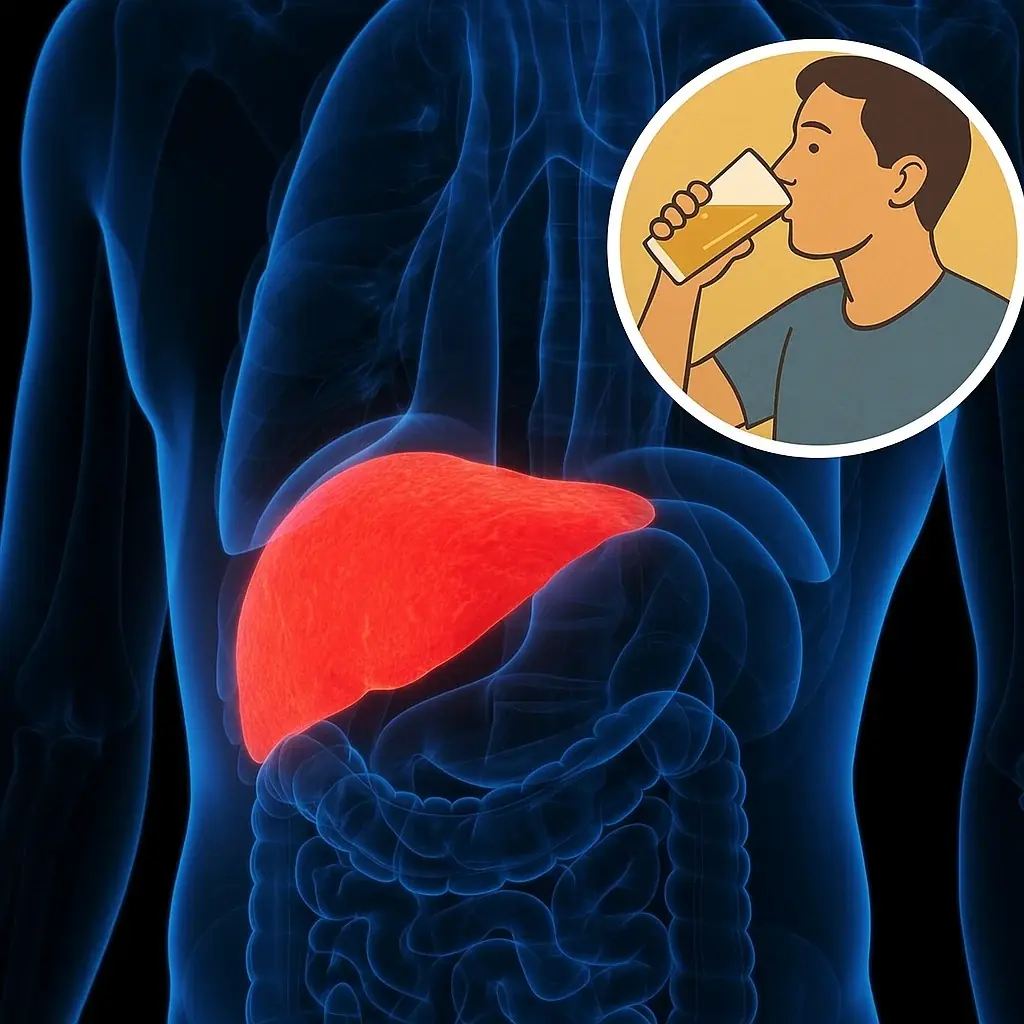
The healing process begins almost immediately after you stop drinking, with visible improvements occurring over weeks and months.





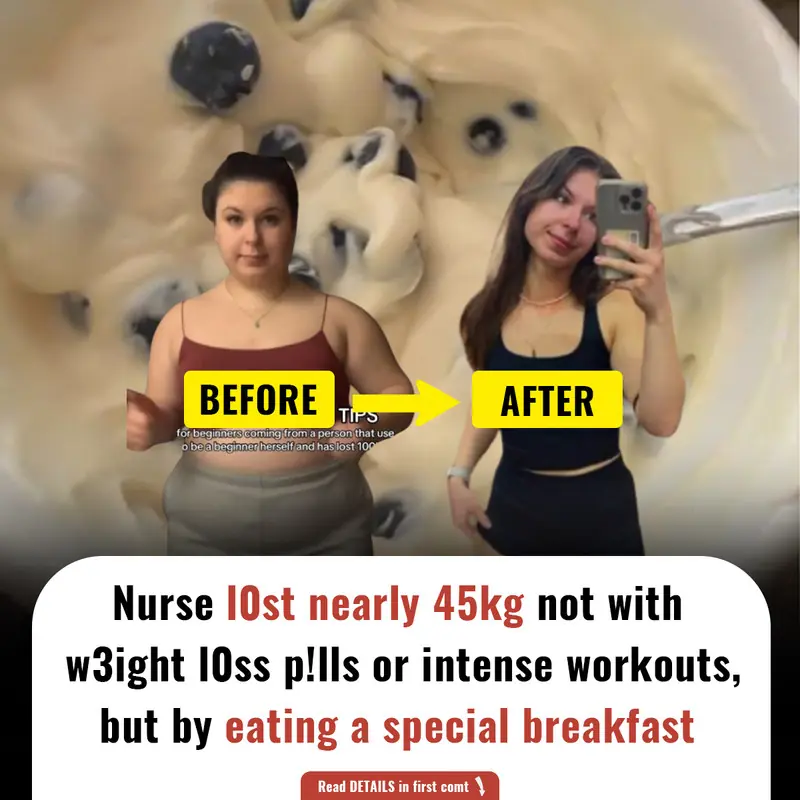

Explore how c@ncer causes de@th through a detailed simulation. Learn about the stages of c@ncer progression, including organ failure, infection, cachexia, and more. A sh0cking look at the realities of c@ncer's impact on the body.


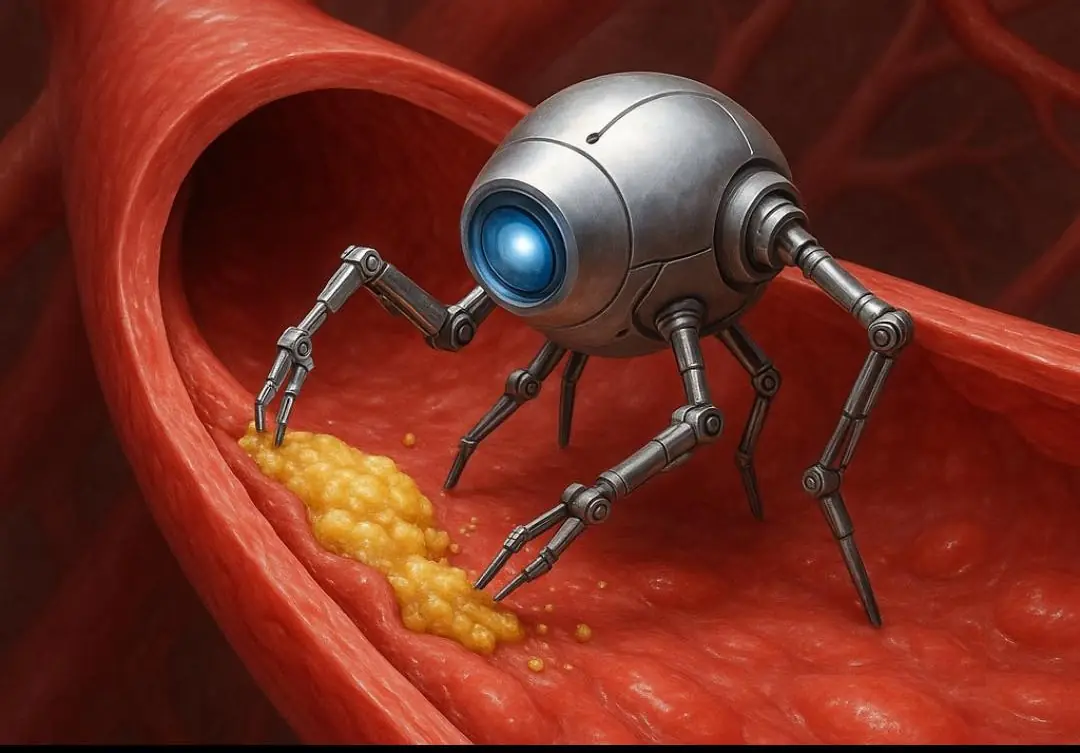
Discover how a new tiny machine is changing the way cholesterol is removed from bl00d vessels. This minimally invasive technology could reduce the need for surgery and offer a safer, more effective solution for cardiovascular health.

Explore how different generations, from Millennials to Gen Z, use emojis to communicate and express emotions. Learn how these symbols have evolved into a unique language and what experts say about their growing importance in communication.


Discover the truth behind rinsing ground beef before or after cooking. Experts weigh in on food safety, potential risks, and the best practices for preparing ground beef safely.

Learn about the 17 warning signs of c@ncer, from abnormal periods to unexplained weight loss. Discover how early detection through screenings and being aware of changes in your body can help you fight cancer effectively.


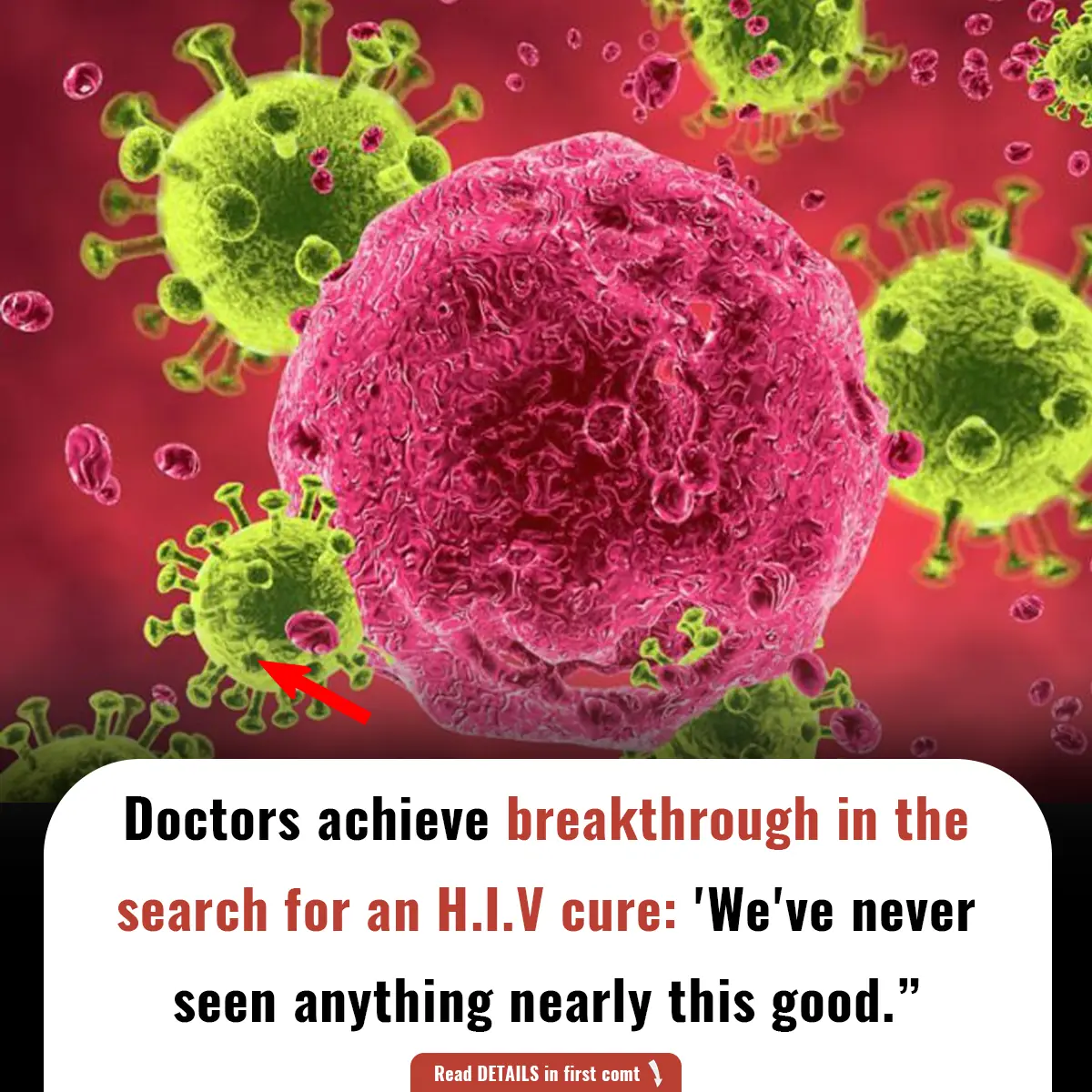
Researchers in Australia have taken a major step forward in the search for a cure for HIV, developing a groundbreaking treatment that forces hidden fragments of the virus to expose themselves, enabling the immune system to target and eliminate these viral

These natural ingredients have been used for centuries due to their gentle yet effective properties, which make them suitable for all skin types, even sensitive or acne-prone skin.

Dr. Poonam Desai’s warning about air fryers and her advice on milk consumption have sparked significant debate in the health community.

The healing process begins almost immediately after you stop drinking, with visible improvements occurring over weeks and months.
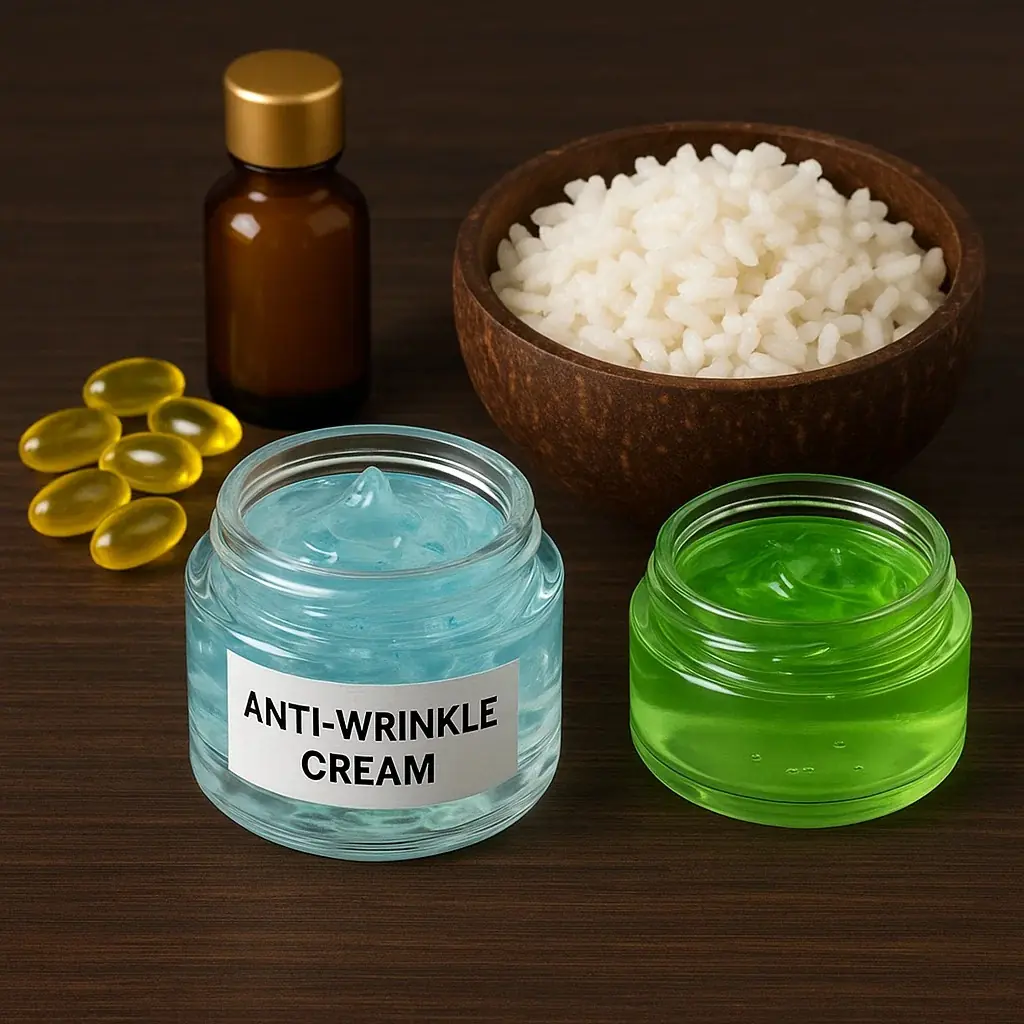
With regular use, this DIY cream can improve skin texture, reduce the appearance of wrinkles, and restore a youthful glow.




These 10 DIY potato and rice-based face masks offer a natural, cost-effective solution for reducing the signs of aging.


A heartwarming story of a young boy who stood up against an older man’s hara$$ment, teaching us all about bravery, kindness, and standing up for others. A true act of courage in a world that needs more heroes.



Explore how c@ncer causes de@th through a detailed simulation. Learn about the stages of c@ncer progression, including organ failure, infection, cachexia, and more. A sh0cking look at the realities of c@ncer's impact on the body.



Discover how a new tiny machine is changing the way cholesterol is removed from bl00d vessels. This minimally invasive technology could reduce the need for surgery and offer a safer, more effective solution for cardiovascular health.

By incorporating these milk face mask recipes into your skincare routine, you can achieve a glowing, youthful complexion without the need for expensive products or harsh chemicals.

A story of a woman’s clever, unexpected revenge after her husband’s betrayal. How a simple act turned the tables, leaving his new life in ruins. A mix of humor, cunning, and a touch of justice.

A stranger pays for a woman’s birthday yogurt, sparking joy and gratitude. Read this heartwarming story! ❤️🍦

By incorporating these simple, DIY cucumber-based recipes into your daily routine, you can achieve glowing, youthful skin without the need for harsh chemicals.